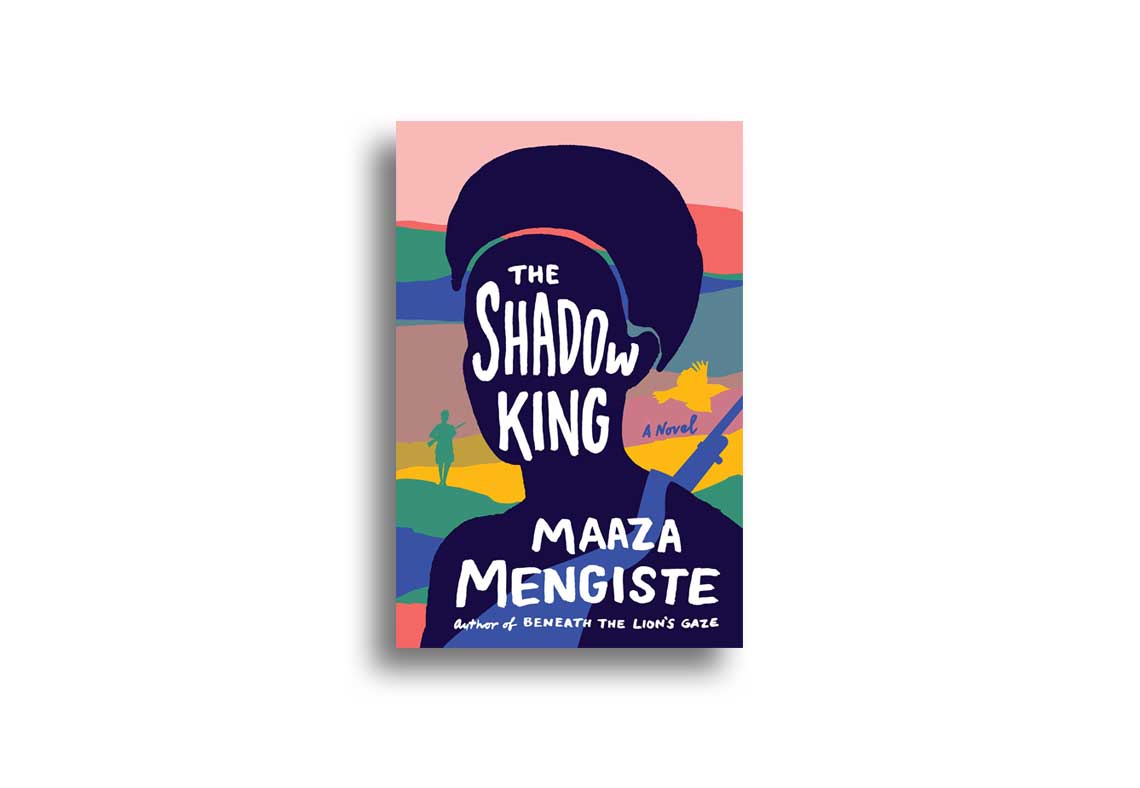The Shadow King

Accento
Shadows come to light in ‘The Shadow King’
Words by Kristal Trotter
‘The Shadow King‘ takes place in the past, but this historical novel begins in the present, in Addis Ababa, at the eve of the revolution of 1974. Hirut is waiting in this city she tried so hard to forget, and as she waits for her encounter, with a metal box in her hands, her memories travel back to 1935. In the past, Hirut was a maid who worked for a nobleman named Kidane, she was a young girl, she was helpless and she was innocent. In the past, there was her father’s Wujigra rifle, there was Mussolini’s invasion and there was death. In the past there was also Kidane’s wife, Aster, a heartbroken woman with a fire burning from within, a desire to emancipate from an unjust life and the need to fight for what was hers – her husband, her country and especially her freedom.
Ethiopian-American author Maaza Mengiste was inspired by her great-grandmother, a soldier who fought on the front lines when Italy invaded Ethiopia in 1935. As she learned more about her family history, Mengiste realized that the story of women soldiers who joined the men in arms against the Italian fascist regime was not spoken about, so she skillfully covered this gap in European and African history by delivering a respectful and honest piece of work. By telling the story of Hirut and Aster, the author depicts the different ways in which women have to fight, specifically men, whether it be in daily life or in battle.
But this book is about so many things.
Starting in the present, then diving into the past to resurface once again in the present, ‘The Shadow King’ is indeed about shadows, because the protagonists are shadows of who they once were, forever changed. Through crucial and multidimensional characters, Mengiste depicts how war affects people; as the story unfolds we witness the nuances in their behaviors; the compromises of Fifi, the cold-bloodedness of Colonnello Carlo Fucelli – even when he decides to do good – the detachment of soldier Ettore Navarra from the people of Ethiopia who’s humanity he’d rather see through his photographs, the ghosts that haunt Selassie. In this book there is a range of perspectives, but it’s about never forgetting, not forgiveness, so this novel is about memory, by resurrecting and honoring the dead. Ettore Navarra’s character, who is a war photographer, is a smart way to picture the horrors of war and see its victims, because every description of Navarra’s photographs are haunting stills imprinted in your mind. But memory is also about honoring tradition, which the author has done brilliantly. The novel is purposefully deprived of quotation marks so that action and dialogue blend together, resulting in a reading experience that flows like a musical composition. This was a wonderful way to commemorate the traditional Asmari performers who recount historic narratives through songs.
Mengiste crafted such a captivating reality through her characters that this book felt like a history lesson and a life lesson, all at once.
DISCLAIMER: Things you buy through our links may earn us a commission.



